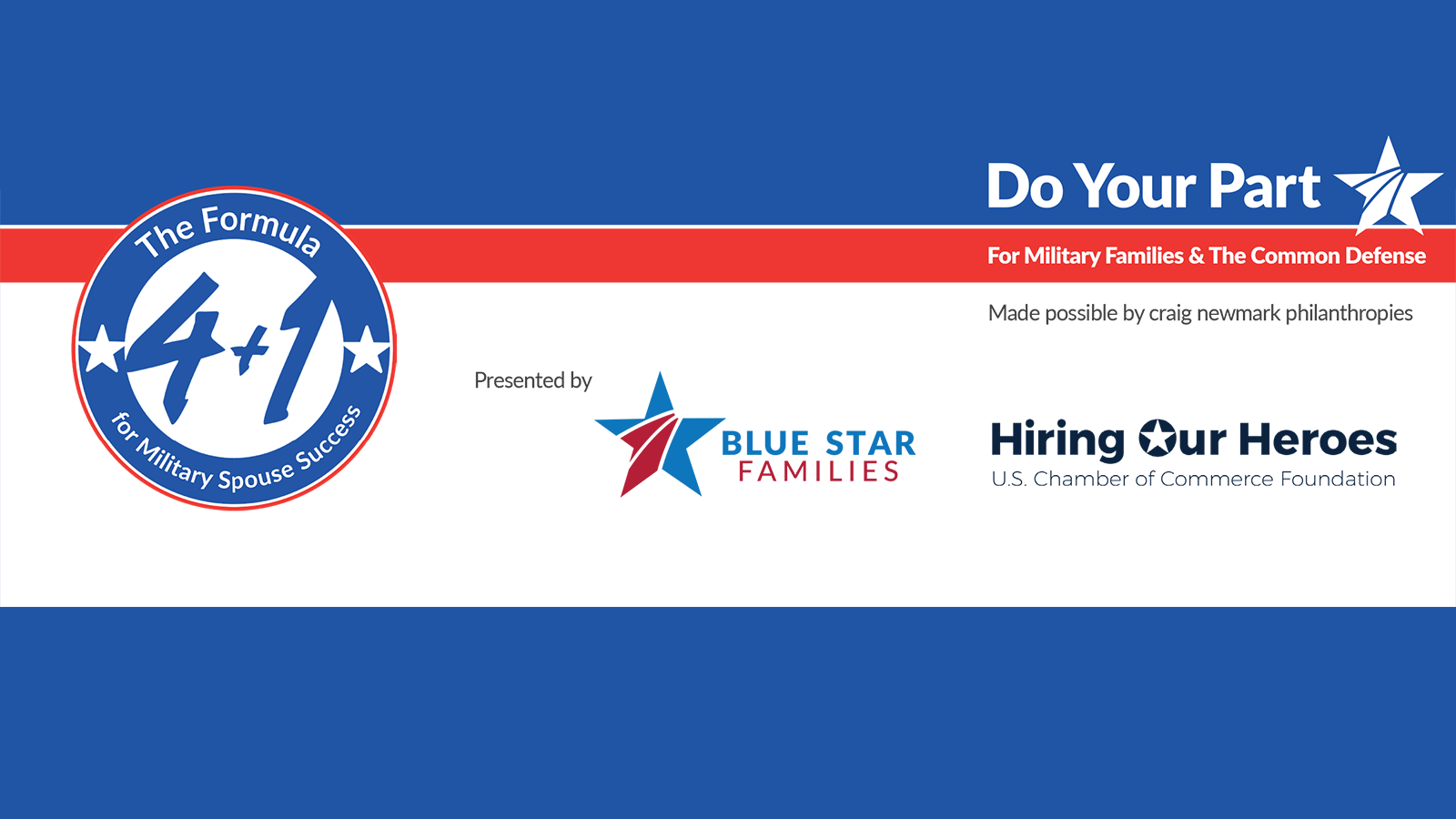.jpg)
Every year, roughly 62,000 Active Duty Soldiers transition out of the Army. The transition from the military to civilian life is a very important step. For those recently transitioning or beginning the transition process from the Army, one of the first orders of business is to secure a new career.
There may be a good amount of uncertainty about what the best job would be for someone with your military background, and you may be wondering what jobs are out there for someone with your Army experience. Read on to learn more about what to expect when transitioning from the Army to a civilian career and what the best jobs are after the Army.
The 8 Best Jobs for Veterans After the Army
Defense Contracting
The defense contracting industry is a common destination for Army veterans after leaving the service. Defense contracting jobs allow you to keep a toe in the world of the military while giving you the freedom and challenge of a civilian career. There are a variety of defense contracting jobs available to Army veterans, with the most popular ones in IT, ship construction, research and development, intelligence analyst, aircraft manufacturing, logistics, and more.
The defense contracting industry is heavily military friendly, and most companies in this industry offer veteran support programs and SkillBridge opportunities. These companies are also structured very similarly to the military, so most Army veterans feel at home in this environment. The defense contracting industry also requires a security clearance for many roles due to the sensitive and classified nature of the work, and, as a Army veteran you either have, or have had, clearances while serving.
Financial Consultant
If you have a passion for investing, a financial consultant would be an ideal career for you. Financial consultants typically advise clients on a range of financial services and decisions, including budgeting, saving for big purchases, retirement planning, investing, and trust and estate planning. A finance role can be very accessible to transition into post-Army and can help you build on those skills and knowledge that you learned in your Army career, such as entrepreneurial skills, leadership, and more. Plus, you’ll be able to take your knowledge of the in’s and out’s of the Army to connect with and help other military families with their financial planning and goals.
Firefighter
If you’ve served in the Army and are considering a career as a firefighter, you’re already ahead of the competition. Having served in the Army is extremely beneficial to landing a firefighting job and helps make the transition between the military and the civilian world a less drastic transition. Many aspects of service translate directly to traits aligning with being a great firefighter, including following complex protocols, collaborating efficiently within a team, leadership, working in high-stress environments, understanding of the importance of rank structure, and many others. This essential civilian emergency role also helps Army veterans still help to serve their community. As a result, it’s possible that many of your fellow firefighters will also be Army veterans, as well.
Jobs in the Healthcare Industry
Medical service personnel in the Army can experience a bright and varied career prospect upon leaving the military. In the current healthcare job market, demand for workers is desperate, and Army healthcare workers are in high demand to fill the need for talent. Your experience working in a high pressure, hostile work environment enables you to jump straight into action in a civilian medical setting. Your exposure to a myriad of patients and their ailments more than equips you with the ability to help patients in a civilian setting.
Army veterans looking for a career in the healthcare industry also tend to have an easier transition than other professions, due to the standards of the role - medical jargon, procedures, and protocols mostly stay the same. Only the settings ranging from doctors’ offices to rehabilitation centers to nursing homes and more, change.
Semiconductor
A career in the semiconductor industry is a smart move for transitioning Army veterans with technical experience. The semiconductor industry is experiencing record-setting growth, while also facing an unprecedented talent shortage. Army veterans are well suited for the industry, and the soft skills that you possess - critical thinking, precision, and communication, to name a few - coupled with your technical expertise, make you a desirable candidate for semiconductor roles. Read more about the best paying jobs in semiconductor and the growing semiconductor industry in Austin, TX.
HR Specialist
An HR Specialist recruits, screens, interviews job applicants, and places newly hired workers in jobs. They also may handle compensation and benefits, training, and employee relations. An HR Specialist is an ideal role for Army veterans because of the skills acquired in the Army, like people management, leadership, problem solving, and attention to detail, which are essential in the role to be successful.
Translator or Interpreter
Being able to speak or write in another language is very beneficial when searching for a civilian career, and those who have worked in the Army as a translator or interpreter are more than equipped with this skill set. Not all military jobs translate exactly to an exact career, but the interpreter or translator job can. While interpreters use the spoken word, translators use the written word in order to convert one language to another.
A translator or interpreter allows you the ability to work for all types of employers. Many businesses hire interpreters or translators to help conduct business, as well as government agencies, medical, legal, and educational fields.
IT Security Analyst
The cybersecurity field and the Army have many parallels that offer veterans a great career path during their transition to civilian life. As an Army veteran, it’s easy to leverage your military experience and skills to pursue a fulfilling career in cybersecurity as an IT security analyst. From a technical aspect, many Army veterans also have the skills needed to be successful in the industry, along with a high work ethic and a willingness to train and learn.
Your IT experience in the Army, including troubleshooting military computer systems and operations, dealing with highly sensitive information, and a knowledge of computer programming, more than equip Army veterans looking for a career in IT. In addition, your knowledge of situational awareness and understanding of the chain of command, both for officers and enlisted Army personnel, lend to success in this field. Army veterans can also find a sense of purpose and a continuation of their service in IT security work by defending cyber attacks.
Engineer
Engineers make and keep the world around us working. From civil and industrial to technology and software, engineers are the key to the growth of modern society. An engineer is a very good career path for transitioning Army and Army veterans. A military background is a huge advantage and allows you to be hired much more quickly than your civilian counterparts. Army veterans are often an advantage for companies who seek experienced and talented engineers who can solve tough problems, due to their security clearances and technical and soft skills.
Aviation Technician
An Aviation Technician in the civilian world is very similar to an Avionic Mechanic position in the Army, in which you played a critical role in keeping Army planes and their equipment safe and up to date, performing maintenance on tactical-communications-security, communication, navigation, and flight control equipment. Taking the leap to an Aviation Technician is not too difficult, and, in the current job market, a career in Aviation is a good move. Many aviation companies are struggling to keep up with the demand for bigger, faster, and more high-tech equipment, and are seeking new talent to help satisfy this need.
Find a New Career with Orion Talent
The occupations listed above are just a small sampling of the careers that transitioning Army and Army veterans can find success in after the military. Orion Talent has had tremendous success finding meaningful careers for Soldiers after the military, and we invite you to reach out to us to help you find a civilian job and search our current opportunities. We have experience in placing Army Enlisted Technicians and Officers, both Junior Military Officers and Senior Military Officers.
You can also visit our Transition Resources guide, a comprehensive tool designed to walk you through the hiring process, offering information on resume writing, interview basics and preparation, and more. If you are ready to start your civilian career, register today.
Archives
- April 2025
- March 2025
- February 2025
- October 2024
- May 2024
- March 2024
- February 2024
- January 2024
- December 2023
- November 2023
- October 2023
- September 2023
- August 2023
- July 2023
- June 2023
- May 2023
- April 2023
- March 2023
- February 2023
- January 2023
- December 2022
- November 2022
- October 2022
- September 2022
- August 2022
- July 2022
- June 2022
- May 2022
- April 2022
- March 2022
- February 2022
- January 2022
- December 2021
- November 2021
- October 2021
- September 2021
- August 2021
- July 2021
- June 2021
- May 2021
- April 2021
- March 2021
- February 2021
- January 2021
- December 2020
- November 2020
- October 2020
- September 2020
- August 2020
- July 2020
- June 2020
- May 2020
- April 2020
- March 2020
- February 2020
- January 2020
- December 2019
- November 2019
- October 2019
- September 2019
- August 2019
- July 2019
- June 2019
- May 2019
- April 2019
- March 2019
- February 2019
- January 2019
- December 2018
- November 2018
- October 2018
- September 2018
- August 2018
- July 2018
- June 2018
- May 2018
- April 2018
- March 2018
- February 2018
- January 2018
- December 2017
- November 2017
- October 2017
- September 2017
- August 2017
- July 2017
- June 2017
- May 2017
- March 2017
- February 2017
- January 2017
 RSS Feed
RSS Feed
Subscribe to Orion's Blog
Featured Blogs





.jpg)















